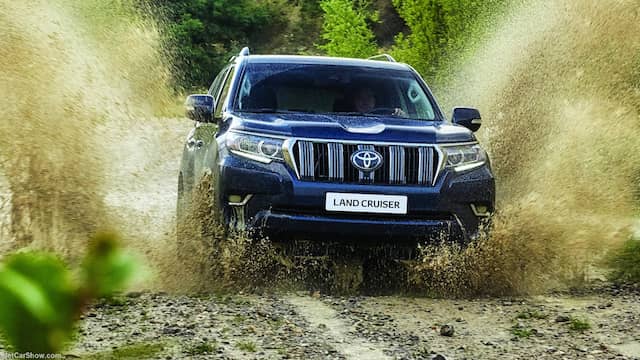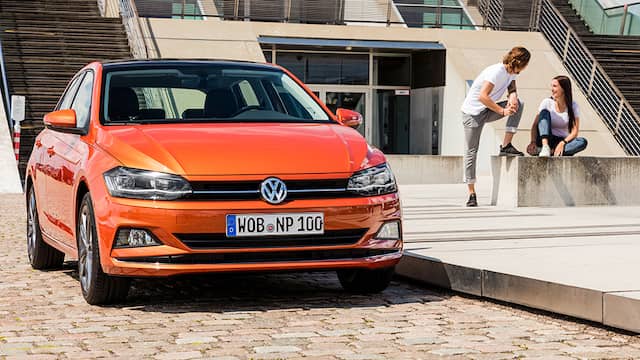Renault’s development manager said in October that no more money is being invested in the development of new diesel engines. The current generation will be kept up-to-date until at least 2025, after which Renault wants to switch to electrified models and fully electric cars. This makes the French brand the umpteenth manufacturer to announce the end of diesel. Sales figures agree with the producers, at least in the Netherlands.
The story may be clear by now: since the diesel scandal at the Volkswagen Group became known in 2015, diesel has been in the damn corner. The use of cheating software, which allowed the engine to run more economically and cleaner during emissions tests, gave the diesel a negative reputation, from which it no longer seems to be recovering.
Of course there are still many cars with a diesel engine for sale. In addition, for some models, such as large SUVs and crossovers, it may still be the preferred motorization. In addition, before the corona crisis there were still plenty of drivers who had to drive on diesel from their employer because of the large number of kilometers on an annual basis. The flush has become thin for them, because many brands no longer supply diesels in the Netherlands. Other manufacturers are offering the engine in fewer and fewer models. At Hyundai, Mazda, Suzuki and Subaru you can no longer get a diesel engine in the Netherlands, while the motorization at Toyota and Mitsubishi is reserved for pick-up trucks and real off-road vehicles. The end of diesel has now also been announced at Nissan and Honda.

Diesel engine in fewer and fewer models
From the European manufacturers, Volvo has now stopped using diesel engines, just like Bentley and Porsche. Renault will be added to that in a number of years. In the meantime, it is also expected that Fiat Chrysler Automobiles (FCA) will stop using diesel, possibly as early as 2022. Merger partner PSA, parent company of Peugeot and Opel, still has diesel engines on offer, but these will probably not have a successor. As with Renault, the power sources will be kept up to date, after which they will be phased out. Ford and Dacia have not yet stopped with diesels, but in the Netherlands you will only find such an engine in vans and in the passenger versions thereof.
With other brands you notice that the diesel engine is available for fewer and fewer models. For example, Volkswagen decided this year to stop the diesel engine for the Polo, a model that a few years ago could not be dragged with diesel. At Kia, the diesel engine is reserved for the Sportage SUV.

Sales share below 5 percent
In Europe, the share of diesel in new sales is declining noticeably. Until 2015, more than half of all cars sold had a diesel engine, this year only a quarter. In the Netherlands, sales have completely collapsed. Five years ago, diesel had a share of 29 percent, now less than 5 percent. In fact, in 2020 twice as many fully electric cars are sold as diesels. “New diesels were always almost only interesting for the business market, because because of the higher bpm and higher mrb you have to drive a lot of kilometers to make it profitable,” said Tom Huyskens, spokesman at Bovag. “For the Netherlands, a low addition only applies to purely electric cars, so it is logical that the focus of the business driver is now on that and no longer on diesel.”
The influence of the diesel scandal is also still having an effect, Huyskens agrees. “This automatically results in lower residual values for these cars, which in turn has consequences for Dutch lease companies. A lower residual value means a higher lease price, which makes a diesel automatically less interesting for customers.” Nevertheless, the spokesperson does not want to completely erase the role of diesel, all the more because in the European Union there are strict CO2 requirements that you as a manufacturer must meet. Huyskens: “You really need modern and efficient diesel to achieve CO2 targets.”